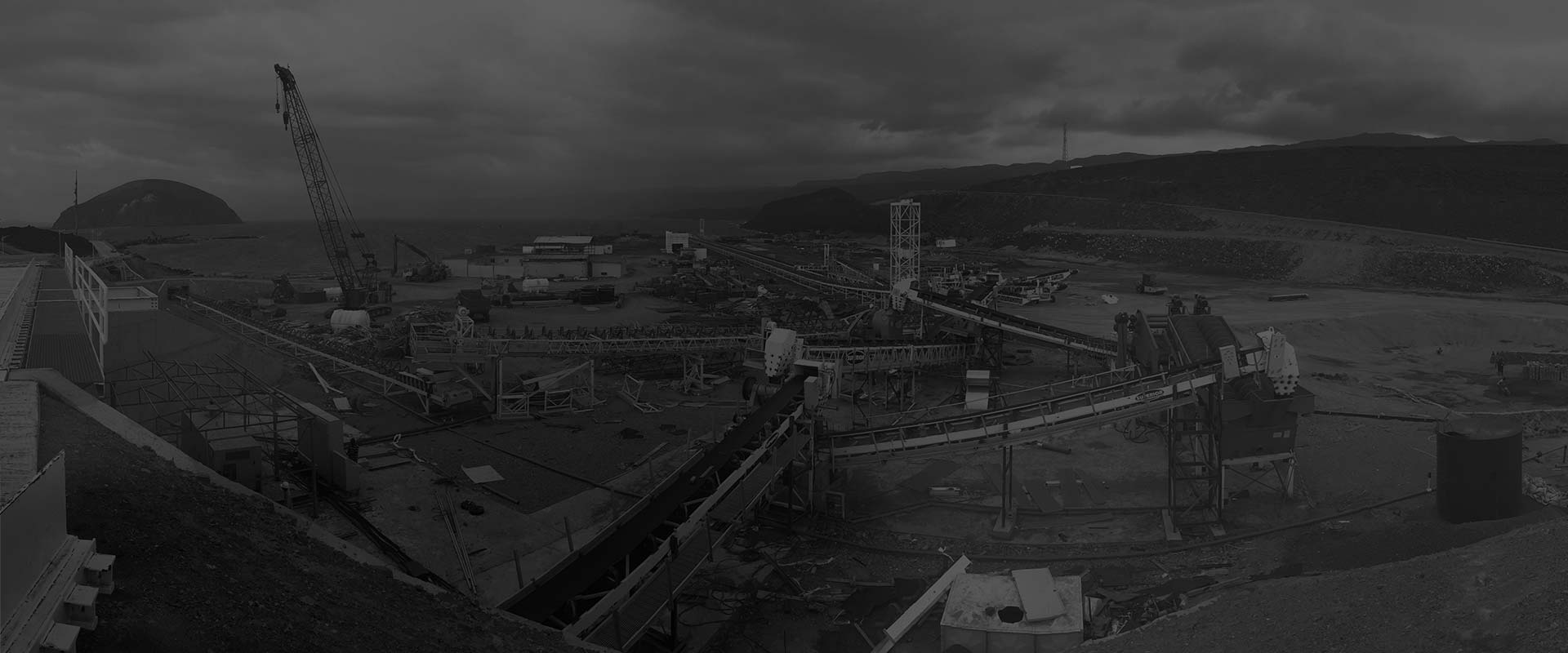0086-379-64087240
CICE Metallurgy Rotary Kiln, a leading manufacturer in the field, has been at the forefront of providing innovative solutions to the metallurgical industry. Rotary kilns are indispensable pieces of equipment in this industry due to their versatility and capability to handle a wide range of metallurgical processes. In this comprehensive guide, we will explore the main applications of CICE Metallurgy Rotary Kilns in the metallurgical industry and their crucial role in shaping the modern world.
One of the primary applications of metallurgy rotary kilns is ore roasting. Ore roasting is a process used to remove impurities and moisture from various ores, making them suitable for further processing. CICE Metallurgy Rotary Kilns play a pivotal role in this process by providing the controlled, high-temperature environment necessary for the removal of volatile components.
Key Benefits:
Elimination of impurities like sulfur and arsenic.
Improved ore quality for downstream processes.
Enhanced ore handling and transportation due to reduced moisture content.
Metallurgy rotary kilns are integral to the metal smelting process, where ores are heated to high temperatures to extract metals like iron, copper, and aluminum. These kilns create the ideal conditions for reducing metal oxides and separating them from gangue materials.
Key Benefits:
Efficient extraction of metals from ores.
Reduced energy consumption compared to traditional smelting methods.
Precise temperature control for optimized metal yield.
Calcination is the process of heating minerals or compounds to high temperatures in the absence of oxygen. It is a crucial step in the production of various metallurgical products, such as lime, cement, and alumina. CICE Metallurgy Rotary Kiln is essential in providing the necessary thermal environment for calcination.
Key Benefits:
Transformation of raw materials into valuable products.
Production of high-quality cement, lime, and alumina with cement rotary kiln.
Efficient utilization of energy and raw materials.
Direct reduction of iron ore is a process that involves converting iron ore into a metallic sponge or powder without melting it. This process is integral to the production of sponge iron and is an alternative to traditional iron smelting methods. Metallurgy rotary kilns are used to achieve the high temperatures required for direct reduction.
Key Benefits:
Reduced environmental impact compared to conventional smelting.
Production of high-purity iron products.
Efficient utilization of iron ore resources.
Metallurgical processes generate various waste materials, including slag and dust, which require treatment and disposal. CICE Metallurgy Rotary Kilns are employed for the treatment of metallurgical waste, where they play a critical role in processes like slagging, dewatering, and solidification.
Key Benefits:
Safe and environmentally responsible disposal of waste materials.
Recovery of valuable components from metallurgical waste.
Compliance with environmental regulations.
The metallurgical industry relies on alloys to create materials with specific properties and characteristics. Metallurgy rotary kilns are used in alloy production processes, where they facilitate the mixing and blending of different metals and elements to create alloys tailored to various applications.
Key Benefits:
Customization of alloys for specific industrial needs.
Enhanced material properties, such as strength, corrosion resistance, and conductivity.
Precise control over alloy composition and quality.
Metallurgy rotary kilns are versatile tools for conducting various chemical reactions in the metallurgical industry. These kilns create a controlled environment where chemical reactions can take place at elevated temperatures, leading to the production of desired compounds and materials.
Reference: the difference between metallurgical rotary kiln and chemical rotary kiln
Key Benefits:
Synthesis of chemicals and compounds for various applications.
Enhanced control over reaction kinetics and product purity.
Efficient utilization of heat for chemical processes.
Metallurgical research and development efforts often rely on Metallurgy Rotary Kilns for experimentation and process development. These kilns provide a controlled and scalable platform for testing new processes, exploring novel materials, and optimizing metallurgical operations.
Key Benefits:
Accelerated development of new metallurgical processes and technologies.
Cost-effective testing of process improvements and innovations.
Bridging the gap between laboratory-scale experiments and industrial-scale production.
CICE Metallurgy Rotary Kilns are the backbone of the metallurgical industry, enabling a wide range of essential processes that shape our modern world. From ore roasting and metal smelting to calcination, waste treatment, and alloy production, these kilns are indispensable tools that offer precise temperature control, energy efficiency, and environmental responsibility. As the metallurgical industry continues to evolve and seek sustainable and efficient solutions, CICE Metallurgy Rotary Kilns will remain at the forefront, driving innovation and contributing to the advancement of metallurgy and materials science.
